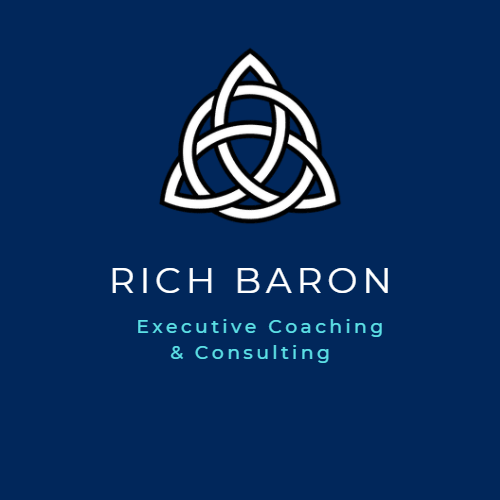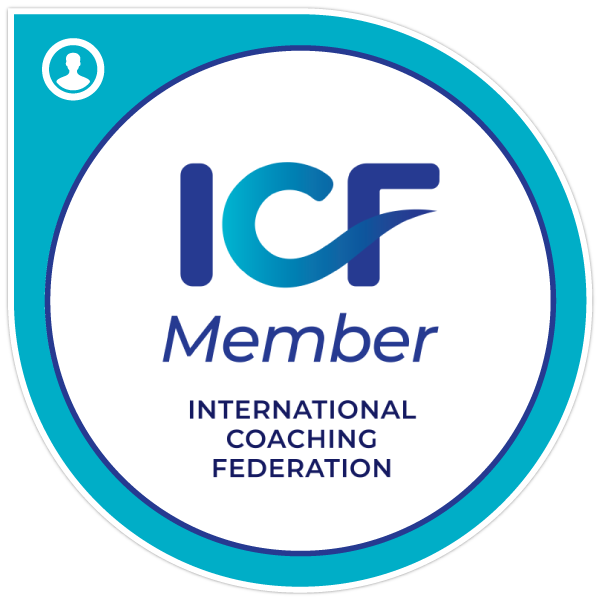Balancing Power and Authority: An Essential Leadership Skill
Rich Baron • September 4, 2023
“You don’t lead by hitting people over the head – that’s assault, not leadership.” – Dwight D. Eisenhower.
Power and authority are often used interchangeably, but there are significant differences between the two. Power refers to the ability to influence others and make them do something they may not necessarily want to do. It can be derived from a position of authority, expertise, or personal qualities such as charisma or persuasive skills. Power can be a coercive force, where leaders use fear or punishment to gain compliance, or it can be an empowering force, where leaders inspire and motivate others toward a common goal.
Authority, on the other hand, refers to the legitimate right to exercise power in a formal or official capacity. It is typically bestowed upon leaders through their positions within an organization or society. Authority comes from the recognition and acceptance of one's role and responsibilities, and it carries with it a sense of legitimacy and respect. Unlike power, authority is often derived from a set of rules, laws, or traditional practices that define the scope of a leader's jurisdiction.
Intelligent leaders understand the delicate balance between power and authority and how they both contribute to effective leadership. They recognize that relying solely on power without the rightful authority can lead to resentment and resistance from followers. On the other hand, leaders who have authority but don't effectively use their power may struggle to influence and guide others toward achieving organizational goals. They understand that power can be a valuable tool when used responsibly and ethically, but it should be tempered with the understanding that it is not the only source of influence.
Intelligent leaders also appreciate the dynamic relationship between power and authority. They understand that authority alone is not sufficient to drive change and lead effectively. They recognize that power can help them overcome obstacles, navigate conflicts, and achieve results. However, they also understand the risks associated with abusing power and the potential negative consequences it can have on their relationships with followers and the overall organizational climate.
Moreover, intelligent leaders recognize that power and authority are not fixed or static. They understand that power can be earned or lost based on their actions and behavior. Likewise, authority can be eroded if it is not exercised responsibly or if it is perceived as illegitimate. Intelligent leaders continuously strive to build and maintain their power and authority by demonstrating competence, integrity, and fairness in their decision-making and actions.
Though seemingly antithetic, power and authority are symbiotic.
Power-based Leadership
Power is the ability to coerce others to do the leader’s will, often against their own will, or better judgment. Leaders who resort to this type of approach can exercise power on account of their perceived or real might.
“It is better to be feared than loved,”
said Niccolo Machiavelli. Although, he also added: “If you cannot be both.”
The problem with leadership based on the wielding of power and fear is that it alienates followers. The leader soon finds him/herself without anyone to lead.
That said, power does have its place in intelligent leadership. Sometimes, using power is the right thing to do. One would presumably not hesitate to use power to pull a child from the path of oncoming traffic. Likewise, an intelligent leader will not hesitate to fire an employee whose behavior justifies such a harsh measure.
Formal and Informal Authority
To some degree, power and authority are symbiotic in the context of intelligent leadership. One draws from the other and vice-versa. While power is straightforward, authority is quite a bit more intricate and subtle.
True authority influences people. It makes them want to do as their leader wishes.
- Formal authority is the type of authority that leaders automatically receive as a direct consequence of their title/position. As such, one does not have to earn formal authority.
Formal authority lends itself well to a leadership style that relies on power. It also has its limitations, often undermined by the informal relationships that exist within every organization.
- Informal authority is the authority a leader earns through building relationships, credibility, trust, and rapport. A leader with strong informal authority is a good listener and has a high level of emotional intelligence.
Such a leader can influence reports as well as senior executives if needed. This type of leader has mastered the power/authority dynamic.
The Attributes of Authority
The intelligent exercising of authority and power requires a few essential leadership skills.
True authority inspires through courage instead of compelling through fear.
- Decisiveness is the ability to “make things happen”. Leaders often face tough decisions that bear no dithering.
- Persuasiveness is one of the leadership skills that allow leaders to cooperate and collaborate with others. Abusers of power usually lack this skill.
- Reliability. An influential leader needs to do as he/she says he/she will. A lack of reliability often translates as a lack of sincerity or worse: cluelessness.
- Courage is an attribute one would assume is impossible to develop. Leadership training has long cracked the code of courage, however. Its key resides in strong convictions, honesty, and alignment with organizational goals and culture.
- Inspiration. True authority is inspirational. A leader possessing this type of authority will make employees feel like they are part of something greater. Such employees see themselves as builders of cathedrals, even if they shovel gravel at the construction site.
Wrapping Up
Intelligent leaders comprehend the distinctions between power and authority and the interplay between the two. They recognize that power and authority are essential channels for exercising leadership but understand that they must be used judiciously and in a way that aligns with ethical principles. By navigating the complexities of power and authority, intelligent leaders can create a positive and influential leadership style that fosters trust, collaboration, and success. Leadership training is about teaching leaders how to balance power and authority. Mastering this balancing act is an essential leadership skill indeed.
About the Author
Rich Baron holds the esteemed title of Master Certified Intelligent Leadership Executive Coach at John Mattone Global. With a wealth of expertise spanning over 25 years, he has excelled in various realms such as cultural transformation, operational leadership, executive positions, and coaching individuals from emerging leaders to CEOs. Rich co-hosts "Mainline Executive Coaching ACT," a podcast acknowledged by FeedSpot in 2023, and again in 2024 as the foremost Executive Coaching Podcast worldwide. This recognition is based on an evaluation of numerous podcasts on the internet, taking into account factors such as web traffic, social media followers, and timeliness. The podcast enjoys a substantial following in more than 60 countries and 550 cities across the globe.
Reach out to me here
to schedule a time to talk further about your future as a leader.
Source




